- Home
- /
- Weight Reduction
- /
- Calories: to count or...
- /
- Calories: To Count or...
Оne of the most common questions I get asked is whether or not one should count calories. The answer, as with many things in nutrition, is not a simple yes or no. In this article, I try to analyse what calories are, why they matter for weight management, and whether or not counting them is necessary.
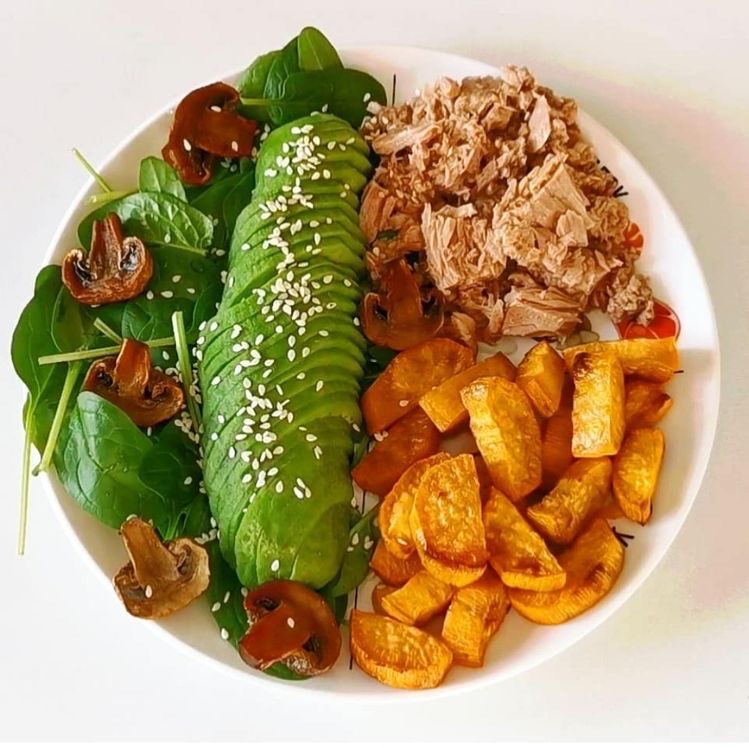
You can choose chapter for saving your time. This article includes following:
What are calories?
A calorie is a unit of energy. Specifically, it is the amount of energy needed to raise the temperature of one kilogram of water by one degree Celsius. When we talk about calories in relation to food, we are actually referring to kilocalories, which are a thousand times larger than a calorie. Kilocalories are the units used to measure the energy content of food.
Why do calories matter for weight management?
Weight management is all about energy balance. When we consume more energy (in the form of food) than we expend (through physical activity and other processes like digestion), we gain weight. Conversely, when we consume less energy than we expend, we lose weight. This is a simplified explanation, but the basic idea is that to maintain a healthy weight, we need to balance our energy intake with our energy expenditure.
To count, but they are not the only thing that matters
So, should you count calories? The short answer is that it depends. For some people, counting calories can be a helpful tool for weight management. It can help them become more aware of how much they’re eating and make adjustments accordingly. However, counting calories can also be tedious and time-consuming, and it can be difficult to accurately estimate the number of calories in a particular food.
Furthermore, not all calories are created equal. Different types of foods can have vastly different effects on our hunger, satiety, and metabolism. For example, 100 calories of broccoli will have a different effect on our bodies than 100 calories of candy. So, while calories do matter for weight management, they’re not the only thing that matters.
Focus on Nutrients Density Instead
Rather than obsessing over calorie counts, I encourage to focus on nutrient density. Nutrient-dense foods are those that are high in nutrients relative to their calorie content. For example, vegetables, fruits, whole grains, lean proteins, and healthy fats are all examples of nutrient-dense foods. These foods provide our bodies with the nutrients they need to function optimally, while also helping us feel full and satisfied.
In contrast, foods that are high in calories but low in nutrients (like candy, chips, soda etc.) are often referred to as “empty calories.” These foods can contribute to weight gain and other health problems without providing any nutritional benefit.
The Bottom Line
Calories do matter for weight management, but counting them isn’t always necessary or helpful. Instead, focus on consuming nutrient-dense foods that provide your body with the nutrients it needs to function optimally. If you’re struggling with weight management, consider working with a registered dietitian who can help you create a personalized plan that works for you.
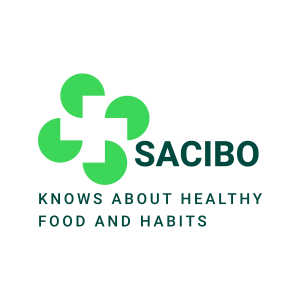























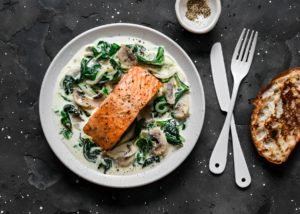







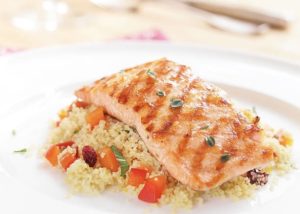







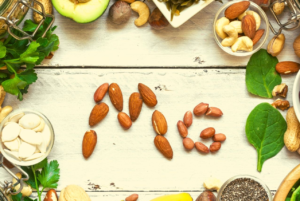






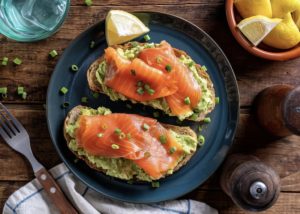



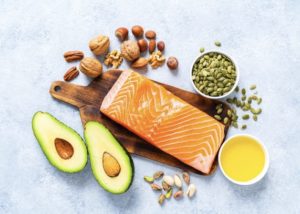












0 Comments